How not to get a long cold – what the experts do
The bad news is that coughs and sneezes are lingering longer – but you can avoid them. Start with vitamin D and a hot drink
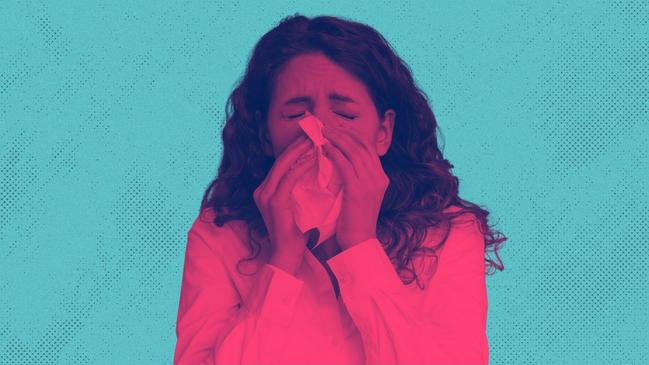
Reach for the tissues and prepare for the first bout of seasonal misery. Colds are doing the rounds and even if you haven’t yet been exposed to the telltale sounds of sneezing, sniffing and the clearing of throats among your friends and colleagues, the threat is likely to be lurking perilously close. According to the National Institute for Health and Care Excellence (Nice), adults in the UK experience an average of two to three colds a year (and children five to eight), with rhinovirus, the most common cause, peaking in autumn.
At least we could previously console ourselves with the knowledge that the red nose and all-round weariness of a cold would be short-lived, typically lasting three to seven days, but now even that has been thrown into doubt with the discovery of the “long cold”, whose symptoms affect some people for more than a month. In a new study, researchers from Queen Mary University of London (QMUL) report that coughing is one of the symptoms that can persist for more than four weeks after an initial infection.
Ron Eccles, emeritus professor at Cardiff University’s School of Biosciences, says that long-lasting health impacts of any upper respiratory tract infection (URTI) are not unusual. “Any respiratory virus can give you that long-lasting feeling of malaise,” Eccles says. “It’s almost as if the virus has switched on the fatigue of a common cold but not switched it off and it persists, although we don’t yet understand how or why.” How you suffer a cold varies hugely between individuals, with some people being infected without even realising it.
So, what, if anything, can we do to avoid catching a cold or to minimise the misery of it? Good sleep matters. Eccles points to a study that shows people who get less than seven hours each night are three times more likely to get a cold than those with eight or more. “Smoking and alcohol reduce our immunity,” he says. “And there is evidence that the release of cortisol hormones when stressed may compromise our immune response and leave people more vulnerable to getting cold symptoms after infection.” Here’s how you can protect yourself.
Many over-the-counter cold treatments won’t work …
With most colds, the severity of symptoms has probably peaked by the time you feel the need to take something for it. But what should you take to feel better? Last month the US Food and Drug Administration announced that phenylephrine, a common nasal decongestant present in many over-the-counter products in the UK (including Benylin Max Strength Capsules for Cold & Flu, Sudafed, Lemsip Cold and Flu and Beechams All in One), is ineffective.
It’s no surprise to Eccles, who published a paper in the British Journal of Pharmacology in 2007 stating that the drug simply didn’t work. “There are studies that have clearly demonstrated no greater beneficial effect for phenylephrine than a placebo,” Eccles says. “It won’t reduce congestion and doesn’t work for colds.” Most herbal supplements “have little scientific support”, he adds, and even for those with some positive results from clinical trials, including echinacea, “evidence is questionable”.
… But do try a nasal spray
There are effective over-the-counter nasal decongestants in spray form. “Look for sprays with the two chemicals oxymetazoline and xylometazoline, which work by clearing blockages and relieving swelling in the nasal passages,” Eccles says, adding that his own trials showed they can help people with blocked noses breathe more easily. “They are effective as they apply a high concentration of medication locally where it is needed, providing relief in a matter of minutes that will last for up to eight hours.” Try Vicks Sinex Micromist spray, Boots Decongestant 0.5 per cent nasal spray or Otrivine Adult nasal spray.
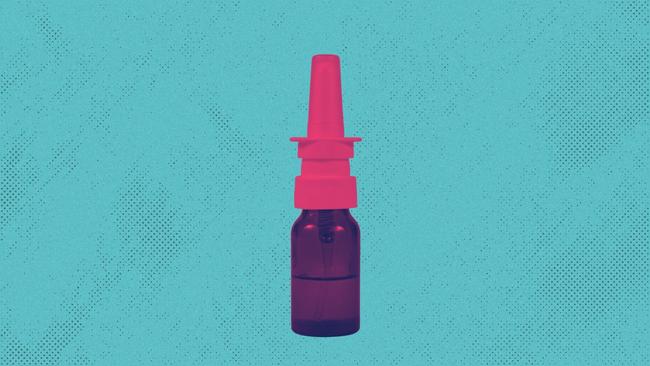
Another effective decongestant, he says, is pseudoephedrine, which is often mixed with other medicines in over-the-counter preparations but can require a prescription for higher doses. According to the NHS, you will need a prescription for a 500ml bottle of Galpseud Plus Linctus, for example, which contains pseudoephedrine.
Getting cold and wet might make you more susceptible
If your mother told you not to go out with wet hair to avoid catching a cold, she was on to something. Despite a lack of published studies, Eccles says his scientific hunch is that chilling the body does predispose people to respiratory infection. Exposure to cold temperatures causes constriction of blood vessels, including those in the nose, restricting blood flow.
“To defend against viruses you need good blood flow to deliver antibodies and white immune defence cells to the nose. Being cold and wet reduces these defences temporarily and if you already have a subclinical infection – a cold without the symptoms – it can be enough for the virus to trigger symptoms, which is when people think they have ‘caught a cold’.”
In one of his early trials, Eccles asked a group to dip their feet in cold water and another to place feet in a bucket without water before exposing both groups to the cold virus. “The onset of more common cold symptoms was far greater in the chilled than the non-chilled group. It was a laboratory setting that did not mirror a ‘real life’ situation, but it did demonstrate that being cold might have an effect.”
The power of a warm drink
Having a warm drink should be the first treatment for a cold, Eccles says. “We did a study in which we looked at the effects of a warm, low-sugar blackcurrant drink and we got positive results for the reduction of all cold symptoms among people who consumed the drinks.”
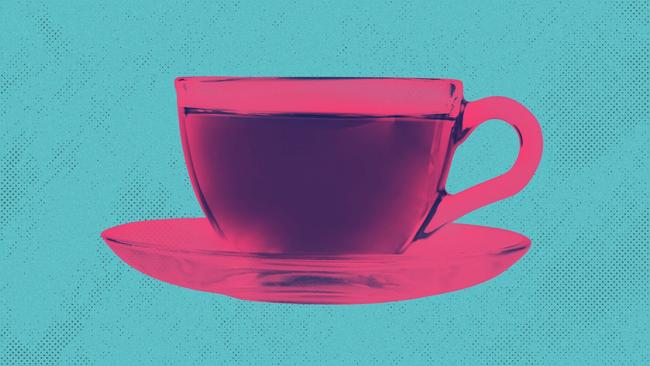
It’s an effective strategy for soothing sore throats and coughs. Adding a teaspoon of honey is recommended. “It will help to replace fluids, which is important,” Eccles says. “And while there might be a placebo effect of a warm drink making you feel better, that is part of the battle.”
Take vitamin C (but don’t expect miracles)
Vitamin C plays a key role in immunity and while popping supplements has not been shown to reduce susceptibility to colds, it might offer benefits in terms of shortening duration and severity of symptoms. A review showed slight improvements for people taking 1-2g vitamin C daily, shortening the length of time they were ill by about 10 per cent. There are small groups of the population who might benefit more from vitamin C supplements and the Cochrane paper highlighted trials with 598 participants exposed to short periods of extreme physical stress – including marathon runners and cross-country skiers – in which vitamin C halved their risk of getting a cold in the first place.
“Mega doses are probably better than small amounts of vitamin C because the white blood cells that trigger a lot of the symptoms do so by producing hydrogen peroxide to kill viruses,” Eccles says. “And in theory vitamin C could reduce the damage, but it’s not guaranteed.” He says it is always better to eat a diet with plenty of fresh vegetables to get your vitamin C “along with other antioxidants that can help to fight infection”.
Do take vitamin D all winter
There’s no guarantee that taking a vitamin D supplement will ward off a cold, but Eccles says there’s enough evidence it might be worthwhile and he takes it during winter.
In one study, researchers from Massachusetts General Hospital found that correcting a vitamin D deficiency led to a reduced number of cold infections while other researchers reporting in the British Medical Journal found that people who already supplement with the vitamin are less likely to get a cold in the first place.
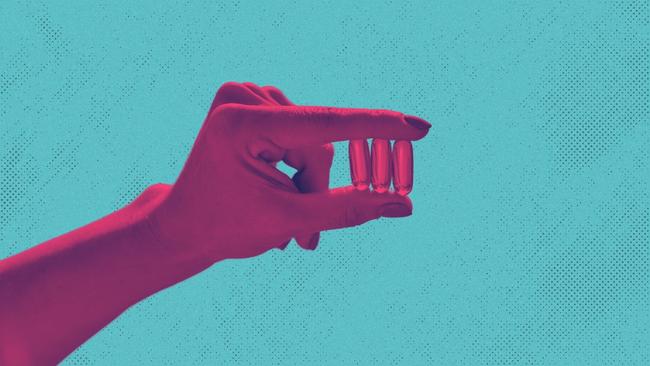
In 2021 a team of British scientists looked at the effects of giving 1,644 military recruits vitamin D. Their results showed that supplementation reduced the severity of symptoms by 15 per cent and the duration of a cold by 36 per cent.
A good walk is the best nasal decongestant around
Moderate exercise is good for warding off colds and for easing symptoms if you get a mild sniffle. “If feverish, don’t exercise,” Eccles says. “If you just have a mild head cold then a walk, cycle or swim might make you feel better as moderate activity is the best form of nasal decongestant you can get.” A lot of the white cells that are circulating in the blood tend to rest in the lungs. “Mild exercise moves them around, getting them to the right places to fight infection,” Eccles says. “Intense exercise is a stress on the body and should be avoided until you feel better as there’s evidence it can lower immunity and recovery from colds.”

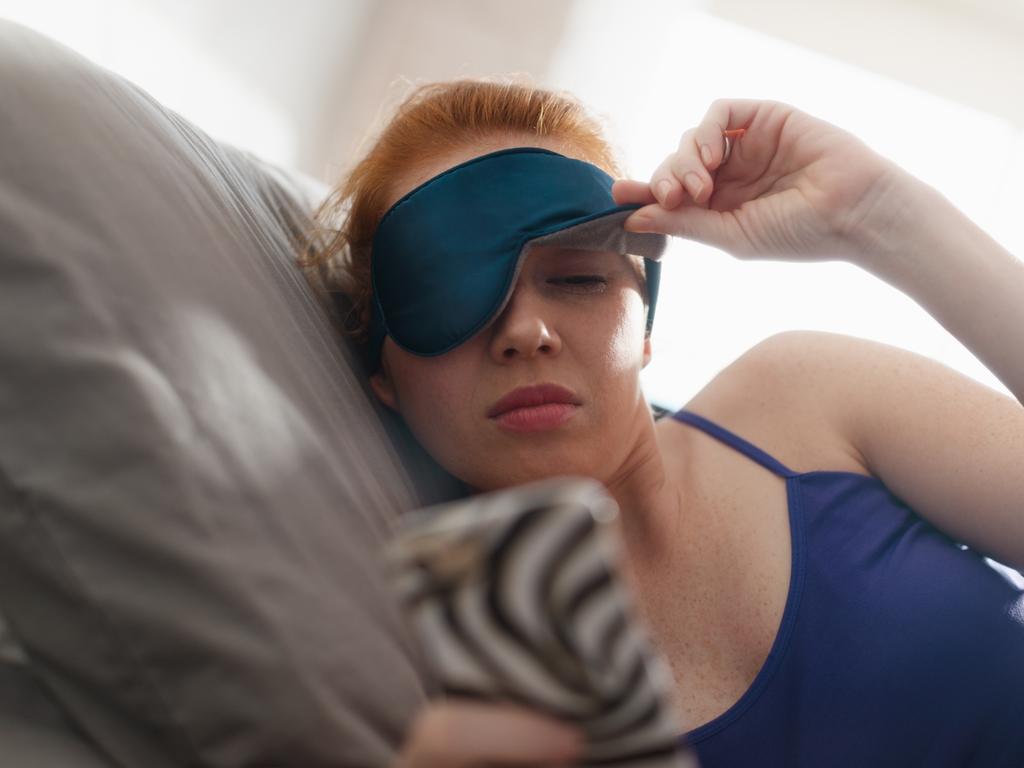



To join the conversation, please log in. Don't have an account? Register
Join the conversation, you are commenting as Logout